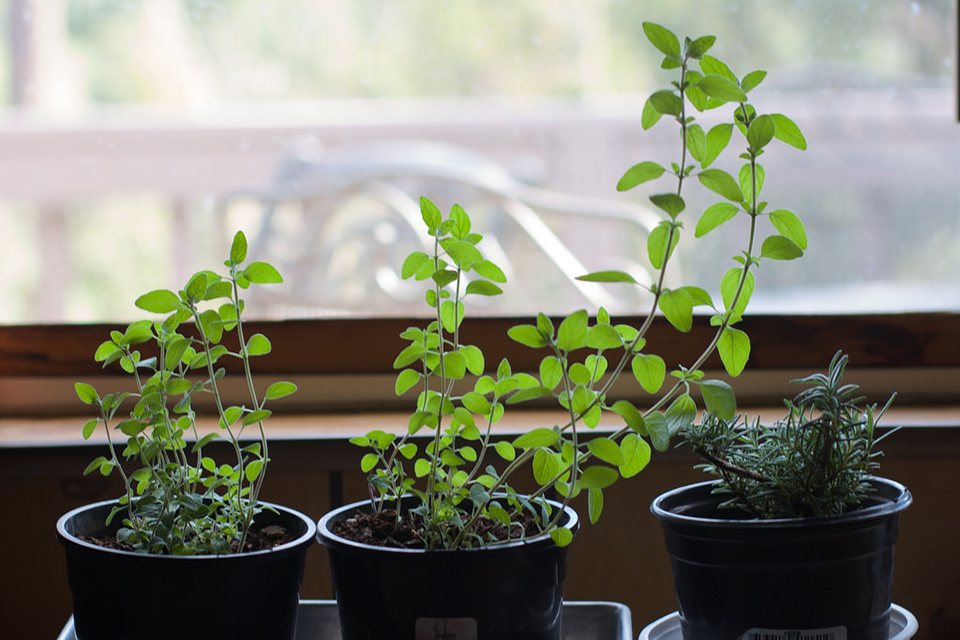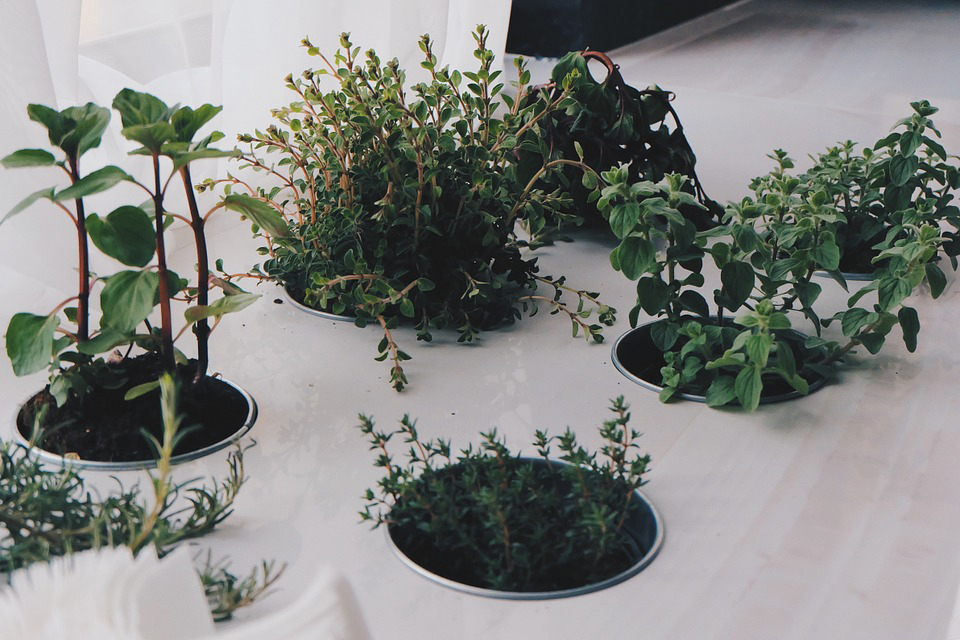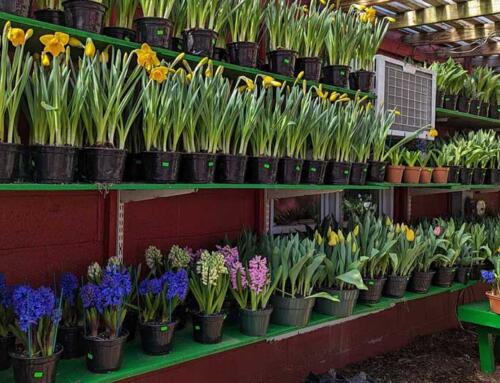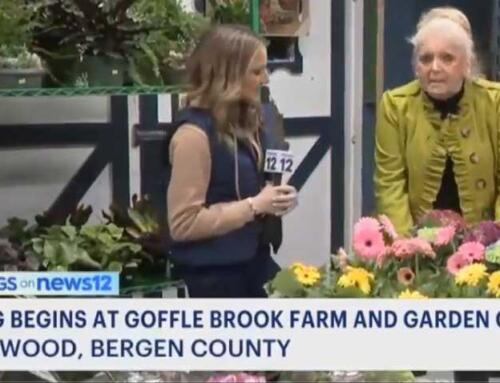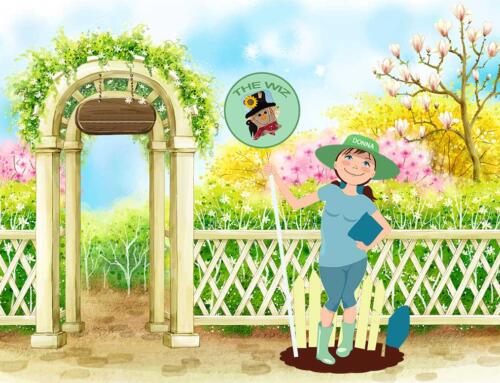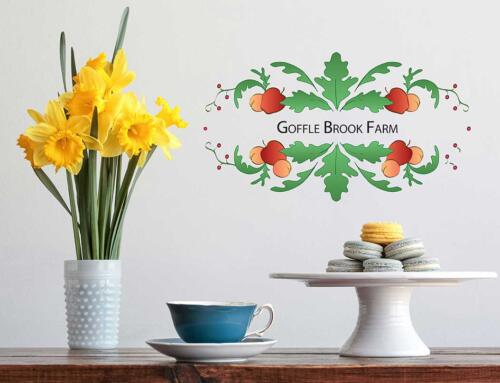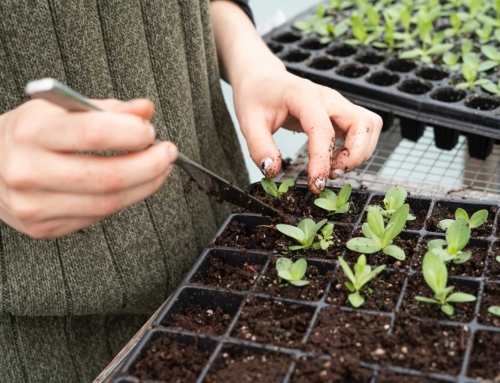Indoor Autumn and Winter Herbs
With the autumn coming to a close, and the first frost approaching, you might want to salvage all of your herbs this winter. Thankfully, you can! One great option is to move your herbs indoors, however only a few herbs will be able to survive indoors. However, you can protect outdoor herbs that are perennials quite easily. We’ll go over both techniques in advance to help you prepare for either protecting your plants or bringing them indoors. These techniques may vary depending where you’re located. Refer to the USDA Plant Hardiness Zones to know what zone you are in.
Indoor Herbs Over Winter
Growing herbs indoors is just as easy as outdoors, so if you have ever grown them outdoors, you should have no trouble growing indoor herbs. Though some herbs will require additional equipment, you can still grow many perennial herbs indoors. Annual herbs will typically require a grow-light in order to survive indoors. You will also need to start from scratch on any annual herbs you grow indoors; otherwise they will be short-lived and wither within a month or two.
If you reside in a zone that has mild winters, you are able to easily grow lavender, rosemary, oregano, thyme, and many other herbs indoors. Indoor herbs will also benefit in homes that have a lot of natural light. Herbs will do well in winter if left in a windowsill that receives good deal of sunlight. However, you may want to keep a set of herbs outside and alternate which ones go on the windowsill in order to give them some oxygen. If they are kept short from air, they may have a much harder time surviving over the winter. Also, if you are growing multiple sets of the same plant, keep those plants grouped together. This technique will help plants with transpiration and increase the humidity among the plants, helping them grow better overall.
If you choose to use soil mix for your indoor herbs, you should choose a free draining compost. Also use pots with good drainage. You should also consider adding a layer of gravel into the soil in order to help retain moisture and avoid waterlogged soil. You can also add a tray under pots with some gravel as an added measure.
Whenever picking out your herbs to transfer indoors, always choose the healthiest herbs you have. Small to medium-sized plants will do better than large ones when indoors over winter. Also, make sure your plants are free of any insect problems before moving indoors. Then you can start the process by moving plants indoors on a cloudy day. Place them in an appropriately-sized pot and place the new plants in a shady spot for a week or two.
While growing indoors, keep your herbs safe from any winds and cold temperatures. The lower indoor light conditions will be a shock to most plants, so acclimate them to the indoor environment by growing them in a slighty cooler and shadier spot outdoors for around a month. But right before the frost hits, bring all the herb plants indoors and place them on your selected windowsill. Water your indoor herbs sparingly and don’t fertilize. Most herbs will grow slowly over the winter, however will stay alive. Harvest what you need, but leave some leaves for the plant to live. Your plant will begin to grow in the later winter months, one exception being parsley. This biennial herb will survive the winter only to die. Pick all the parsley you want beforehand and compost the plant remains after. Rosemary also needs special attention when indoors, it prefers cooler temperatures (50 to 60 degrees F), high humidity, and barely moist soil in winter. Keep the humidity high by misting the plants often, and place these on the gravel trays. Water just enough to keep the soil from drying. When spring is here, move your perennial herb plants back outside; repot them into pots with fresh potting soil, or transplant them. They will start growing fast once again and you’ll have plenty of herbs to share without having to replant! Plus you’ll still have plenty of plants to look at in the winter months.
If you’re looking to get started growing herbs over the winter months, we have all the required tools at Goffle Brook Farms! We’d love for you to stop in and see us before the autumn ends for any gardening needs or questions you may have for growing herbs in the upcoming winter months!

